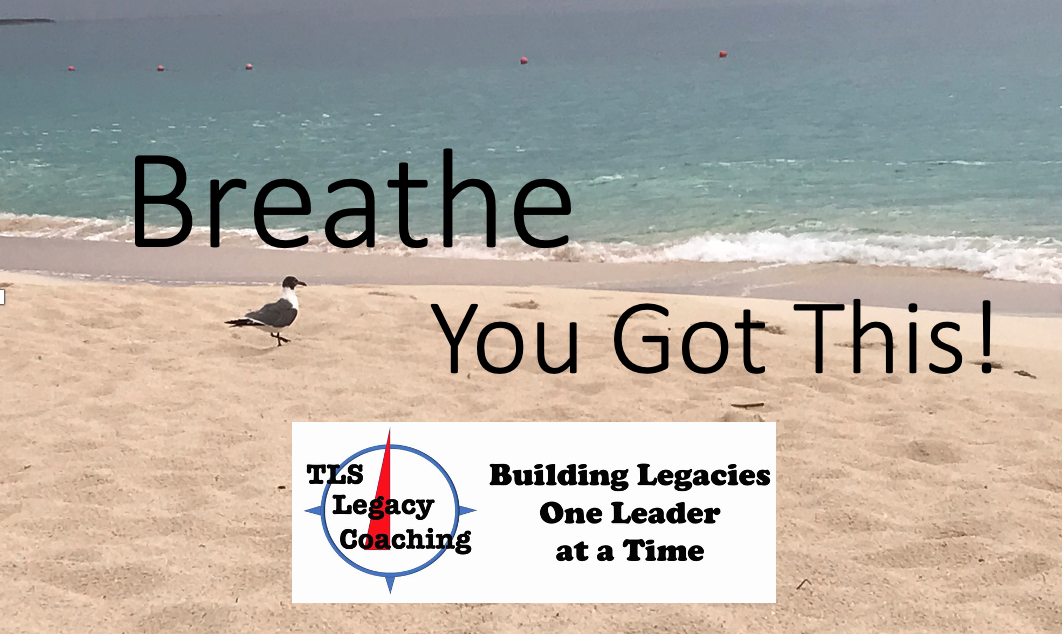There is an idea and school of thought that would say that your past is what defines and is what you filter your life through. That school of thought is what is known as your family of origin. I first heard about this from a podcast from Pete Scazzero who used his story as an example. His family of origin was Italian from which there are many nationality truisms that have been understood throughout time of how they live and interact. Part of that interaction is in the emotions of who they are which one would think comes from a place of conflict. It seems that many people would shy away from conflict while others lean into it.

From my experience conflict was something I avoided for many years. I think it was a coping mechanism in many ways but as I reflect, I think it hindered my growth as a person. My immaturity had me believe that conflict was bad and as I would play the scenario through in my mind, I felt to engage the conflict was exhausting! That exhaustion and lack of confronting the conflict was distracting me which ultimately diminished the success that I desired. Is conflict distracting you?
If you are human, you will have had conflict in your life. Some greater and some just little irritations. I have had a couple of situations where a conflict came to a boiling point and I had to confront it. After playing the scene over and over in my mind I was able to have the hard conversation. Those hard conversations are like a muscle. That muscle had to be broken through some failed conflict resolutions and some successes. Each time I was able to address the issue and face the conflict head on that muscle was built stronger and my ability to engage the conflict got more refined. Now just so you know conflict still scares me and I do not like addressing it but I have gotten more confident in confronting it head on. You too can grow the muscle of addressing conflict. Let’s look at what it is and how you can grow that muscle.
What is conflict?
There are many ways to look at this but ultimately it is a difference in economics, values, and or power that instigate a conflict. Further Dictonary.com defines conflict this way.
1. to come into collision or disagreement; be contradictory, at variance, or in opposition; clash:
2. a fight, battle, or struggle, especially a prolonged struggle; strife. controversy; quarrel:
3. discord of action, feeling, or effect; antagonism or opposition, as of interests or principles:
Basically, what this is saying is that there is a difference between one person and another which causes the conflict. Unfortunately, we let our differences of opinion be the foundation of our conflict instead of looking at facts and truth. One only has to look at this past year with all that went on with the pandemic, the race issues and the election to see how this plays out. Again, we are all going to have conflict but how you handle it is really what will define you specifically in your leadership and interactions with others. How you view the conflict and how you handle it depends on your attitude toward the person and the conflict intensity. I found this helpful in an article that explains conflict-handling intentions.
- 1Competing (I Win, You Lose) – This is typically how people look at conflict. The idea is that I am right, and you are wrong. Often one person tries to exert as much pressure as they are able to convince the other of their position. This is appropriate in few situations but ultimately if one gets too aggressive it has crossed the line.
- 2Collaborating (I Win, You Win) – This often is a minor conflict where it is helpful to clarify positions and differences. Communication is important here as a way to dig into the issue while keeping each individuals’ respective interests intact.
- 3Avoiding (No Winners, No Losers) – This was my go-to way that I approached conflict. First I would do everything within my power to avoid the conflict but when it arose I would often withdraw or just ignore it. This is really not helpful because it just prolongs the conflict and often exacerbates it.
- 4Accommodating (I lose, You win) – This was my second level of engaging conflict. Just to keep the peace I would sacrifice my own interests for the sake of peace. Unfortunately, this is a temporary solution showing selflessness but also feeds the false self and doesn’t bring clarity and conclusion to the conflict.
- 5Compromising (You Bend, I Bend) – The idea with handling conflict this way is that we try to compromise to come up with a solution that is acceptable to both parties. There is give and take with this but sometimes it doesn’t bring about the best solution to the true problem.

When you are in conflict which way of handling is your go-to method? There are appropriate ways to handle conflict depending on the situation each one of these ways could be applied. As I grow in this area and I hope you are becoming more aware of how you engage conflict that you will move from a dysfunctional way of handling issues to improving your conflict resolution which will enhance your life and ultimately your leadership.
Conflict is good but how you handle it may not be. Let me encourage you to grow in this area because it will improve your life and business. It will stimulate creativity and trust as well as bring your family and organization closer together by being authentic and open about how you may have failed in this area but seek to improve. Airing problems is healthy and can foster an environment of having a healthy culture within your organization!
Be self-aware seek help if you need it and grow into who you were meant to be!